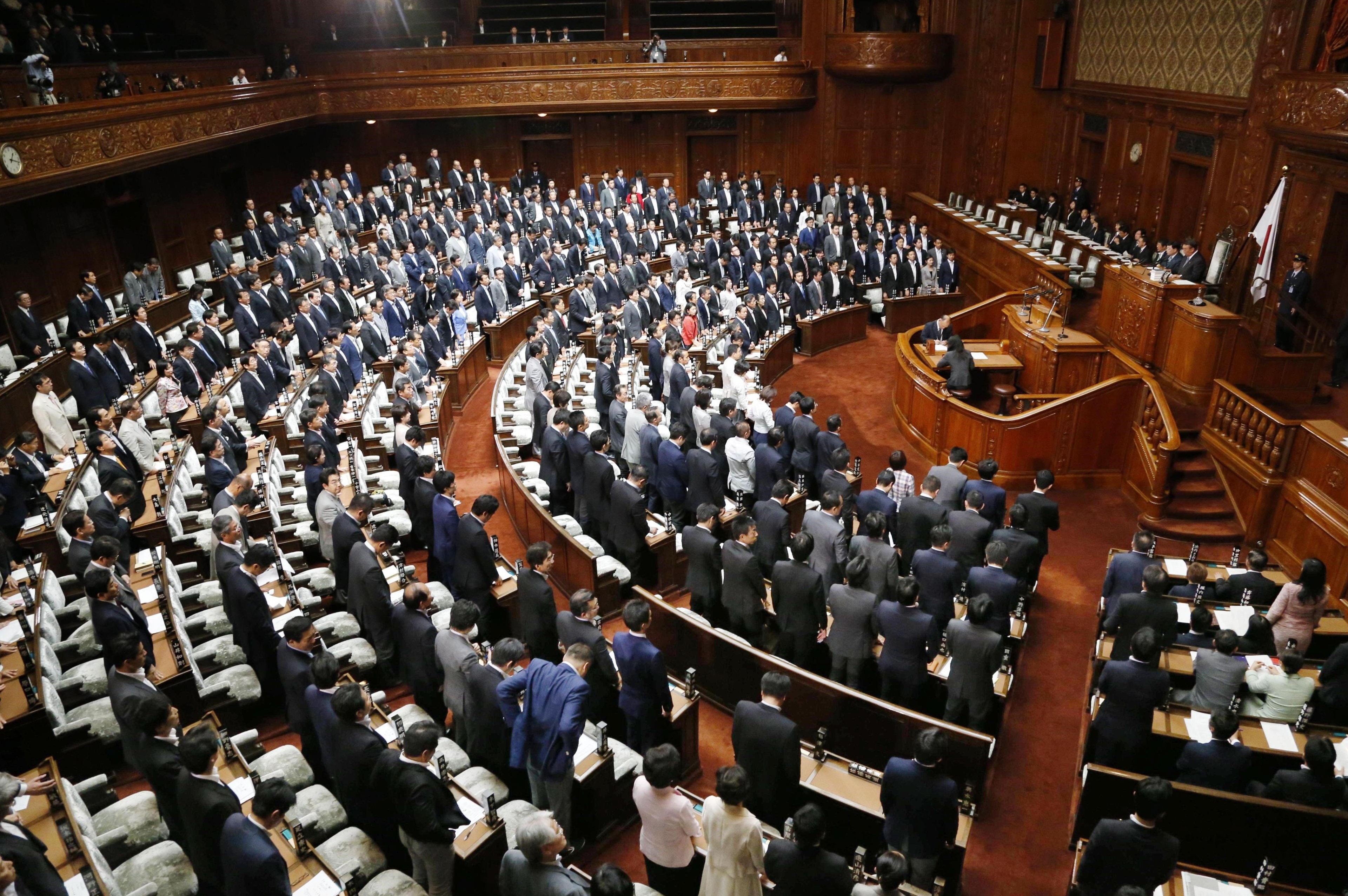The Lower House approved legislation Thursday that would, if enacted, enable the government to access citizens' bank deposit records and loosen the rules around how companies use personal customer information.
The legislation comprises two bills. The first is an amendment to the law on numbering citizens for taxation and other administrative purposes, under which individuals will have a 12-digit identification number from January 2016.
The revision would allow citizens to link their bank account numbers to the 12-digit numbers voluntarily starting in 2018. The government will consider making the link mandatory starting in 2021.
The government argues the amendment would help authorities to spot tax evasion and wrongful receipt of welfare benefits. But it has also stirred concern that it will strengthen the government's surveillance of private funds. It would also allow the government to keep track of infants' vaccination records.
The second bill involves an amendment to the law on the protection of private information. It would enable businesses to use personal information without the consent of individuals concerned, if data is processed to redact names and other identifying details.
The amendment would make it easier for businesses to use so-called big data. It would also stiffen penalties for data abuse.
The proposed change is being made in response to businesses that are seeking to better leverage the massive volumes of information they are increasingly collecting from customers.
The amendment also includes penalties for leaking private information for profit and requires the government to set up a watchdog on the protection of private data that would be empowered to undertake searches.
The two amendments, passed by the Lower House during a plenary session, are expected to be enacted in June, pending approval from the House of Councilors.




